-
Generationality and Community in Turkmenistan: A Celebration of Durdy Bayramov’s Photography

Luke Bannerman from the University of Cambridge looks back on Turkmen photographer Durdy Bayramov’s work.
-
Monumental Art in Almaty
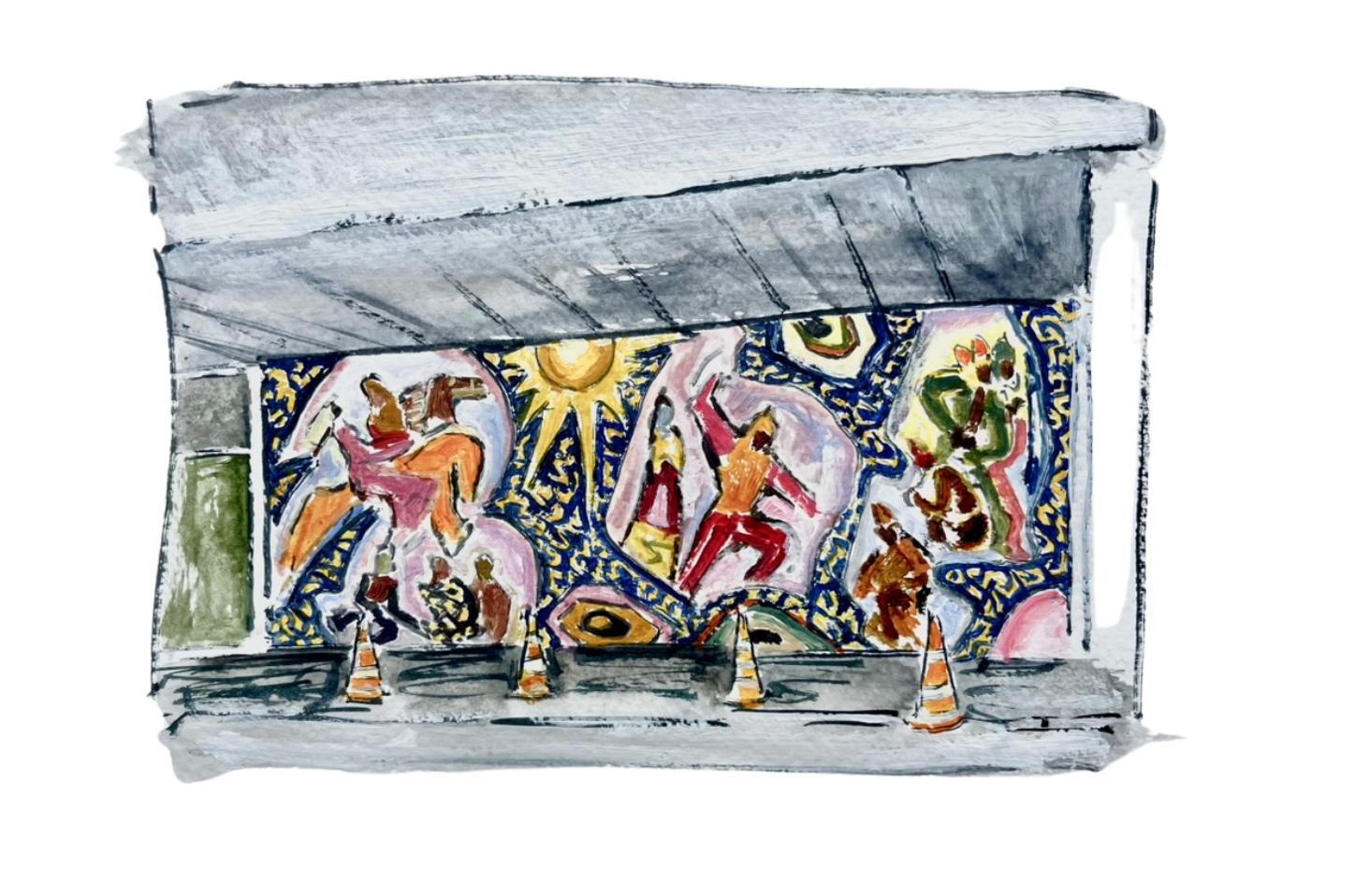
Ana Ross from the University of St Andrews explores the legacy of Soviet-era mosaics in modern street art in Kazakhstan.
-
Repurposing Identities: the World of Fashion Designer Jenia Kim
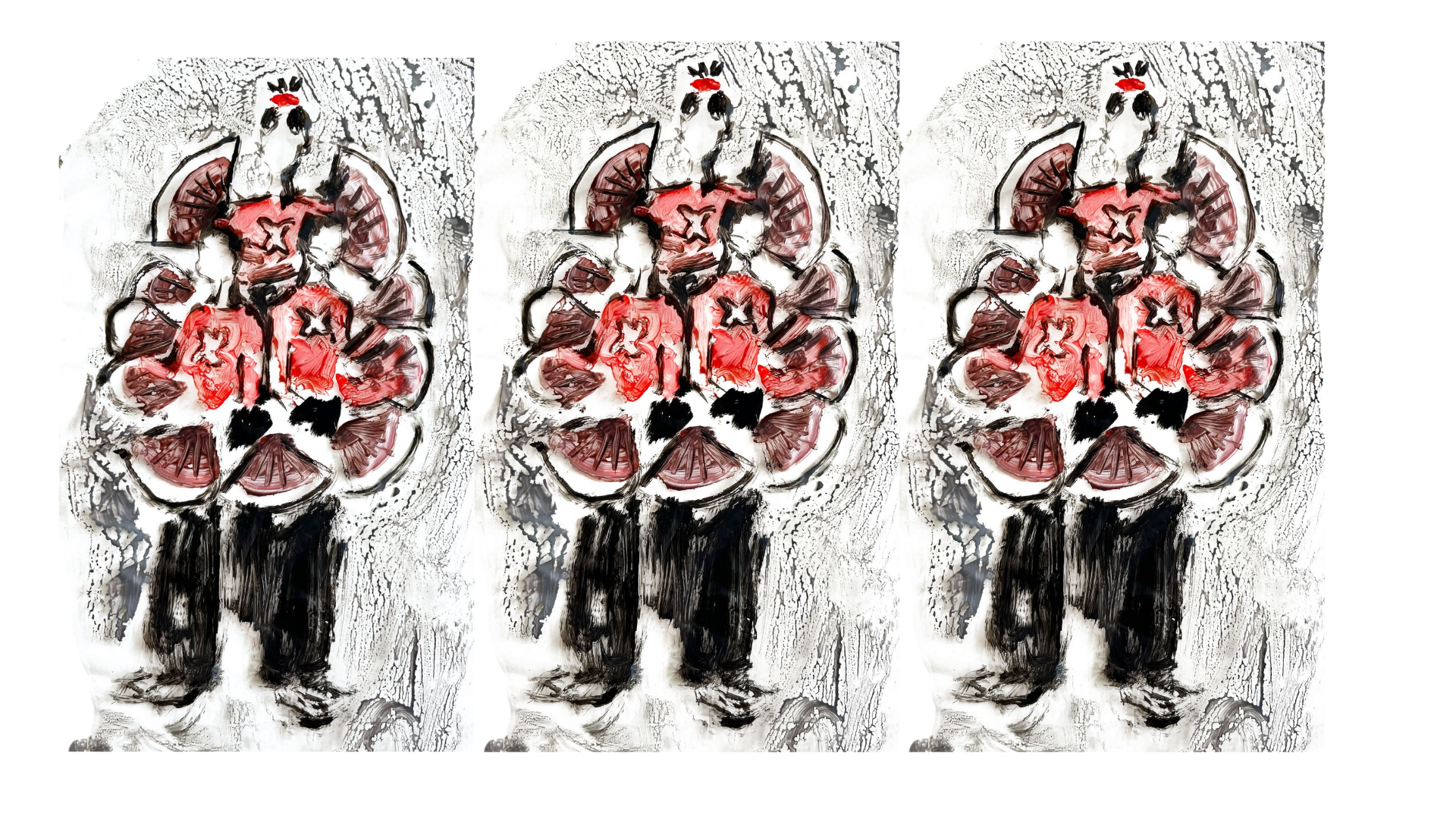
Colin Hood from Charles University in Prague analyses how Jenia Kim’s designs articulate the complexities of post-Soviet identities in Central Asia.
-
Secularism under siege? The State, Media and Religion in Kyrgyzstan
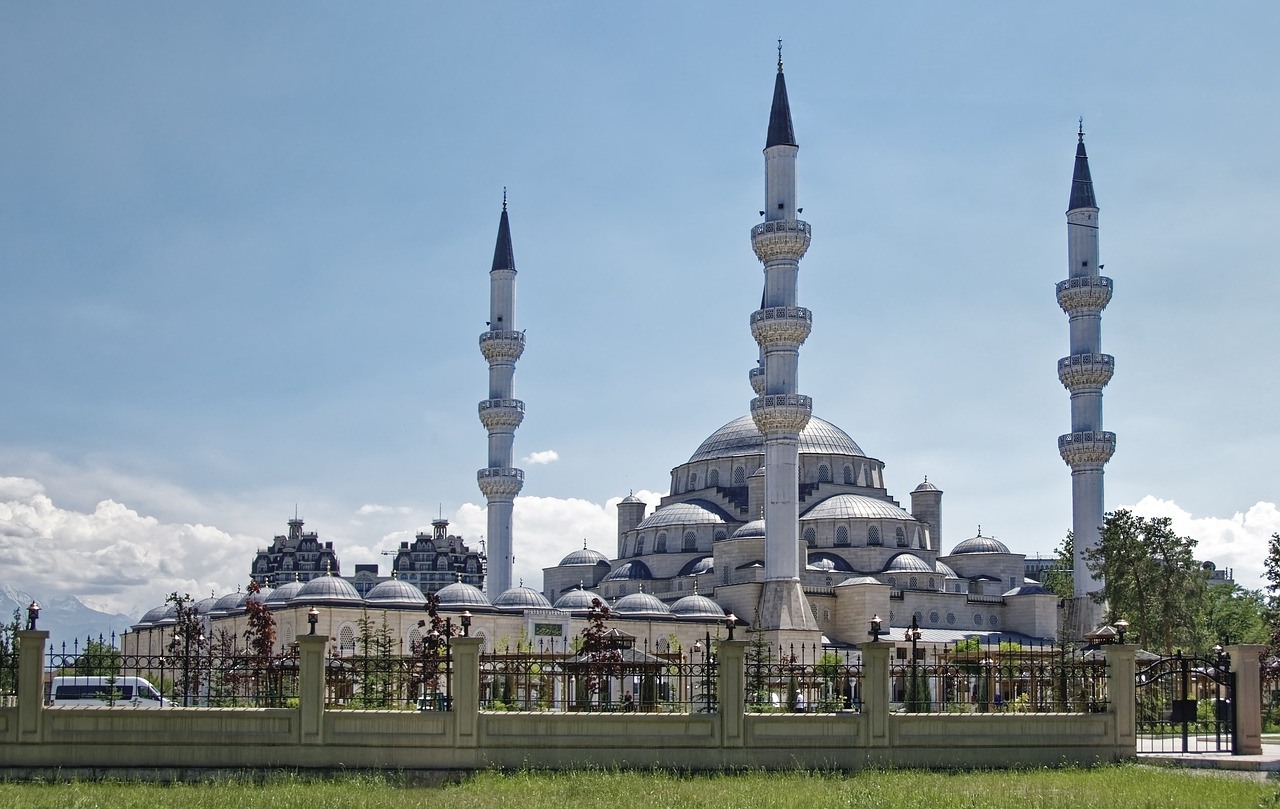
Ana Ross, a student at the University of St. Andrews, explores how in spite of Kyrgyzstan’s constitutional secularism, religion has, on occasion, impacted policy-making in an environment of increasing hostility towards the freedom of religion.
-
Jewish Communities in Kyrgyzstan During The Second World War
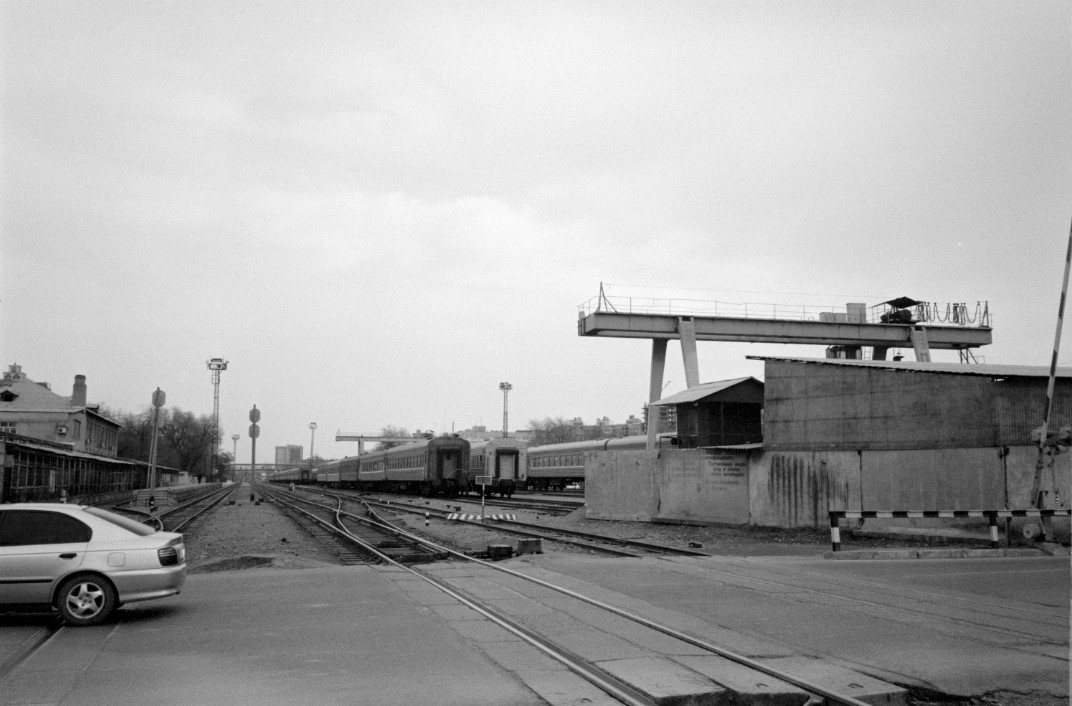
Claudia Macey-Dare from Charles University, Prague explores the history of Jewish communities in Kyrgyzstan.
-
How Investment into Kazakhstan‘s Education System has Impacted the National Economy
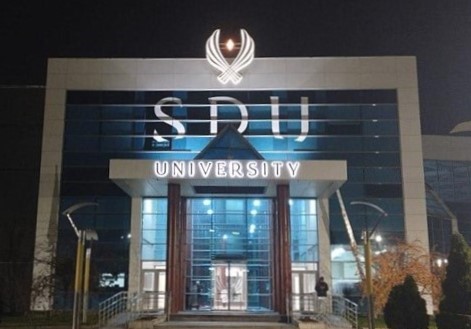
Zara Draper from the University of Cambridge explores how foreign university campuses and scholarship programs are accelerating Kazakhstan’s economic growth
-
Evaluating Central Asia’s ‘Golden Age of Arbitration’: Prospects for a New Legal Age of Commercial Dispute Resolution

James Hone, University of Cambridge, explores the development of international arbitration institutions across Central Asia.
-
The Kazakh Intelligentsia’s Role in Shaping National Identity
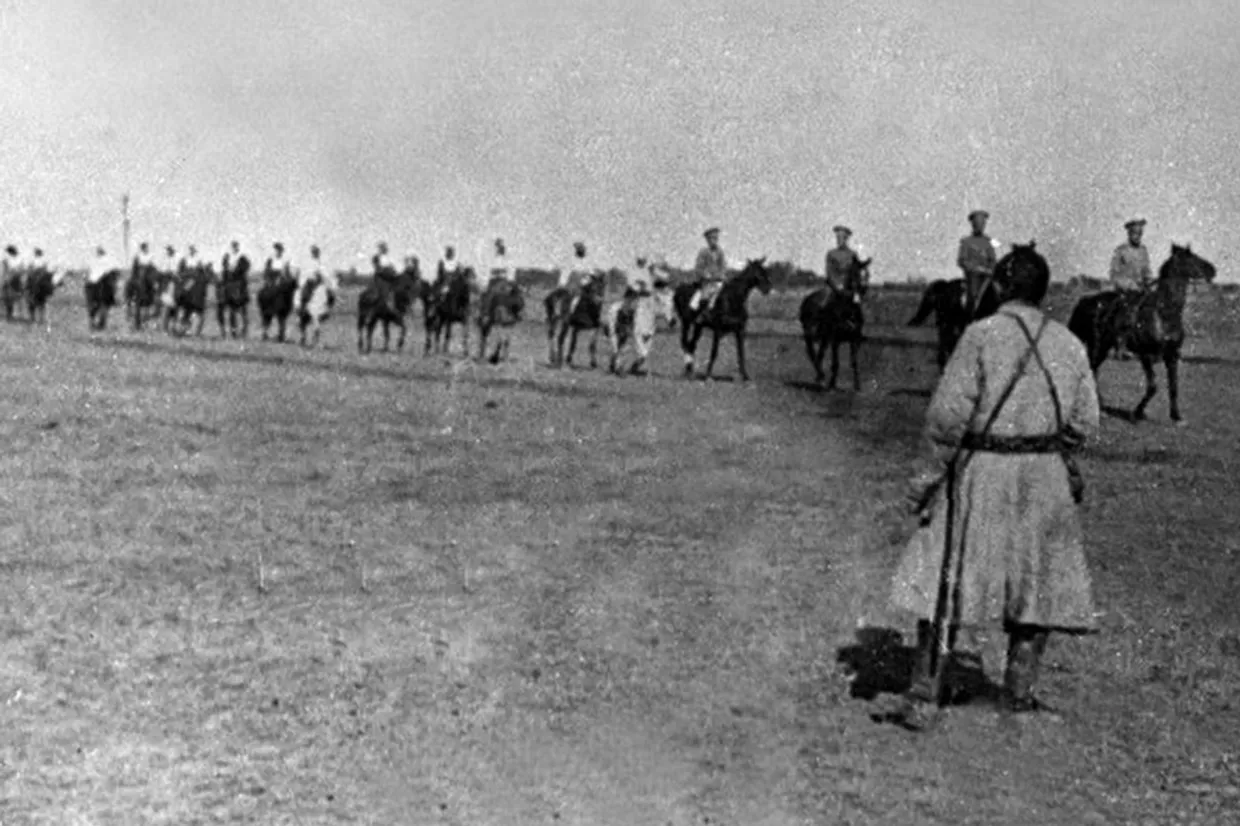
Ana Ross from the University of St Andrew’s delves into the history of the Alash Orda in Kazakhstan in the early nineteenth century.
-
Central Asia’s Geopolitical Crossroads: The Dynamics of ‘Coopetition’ between Russia and China
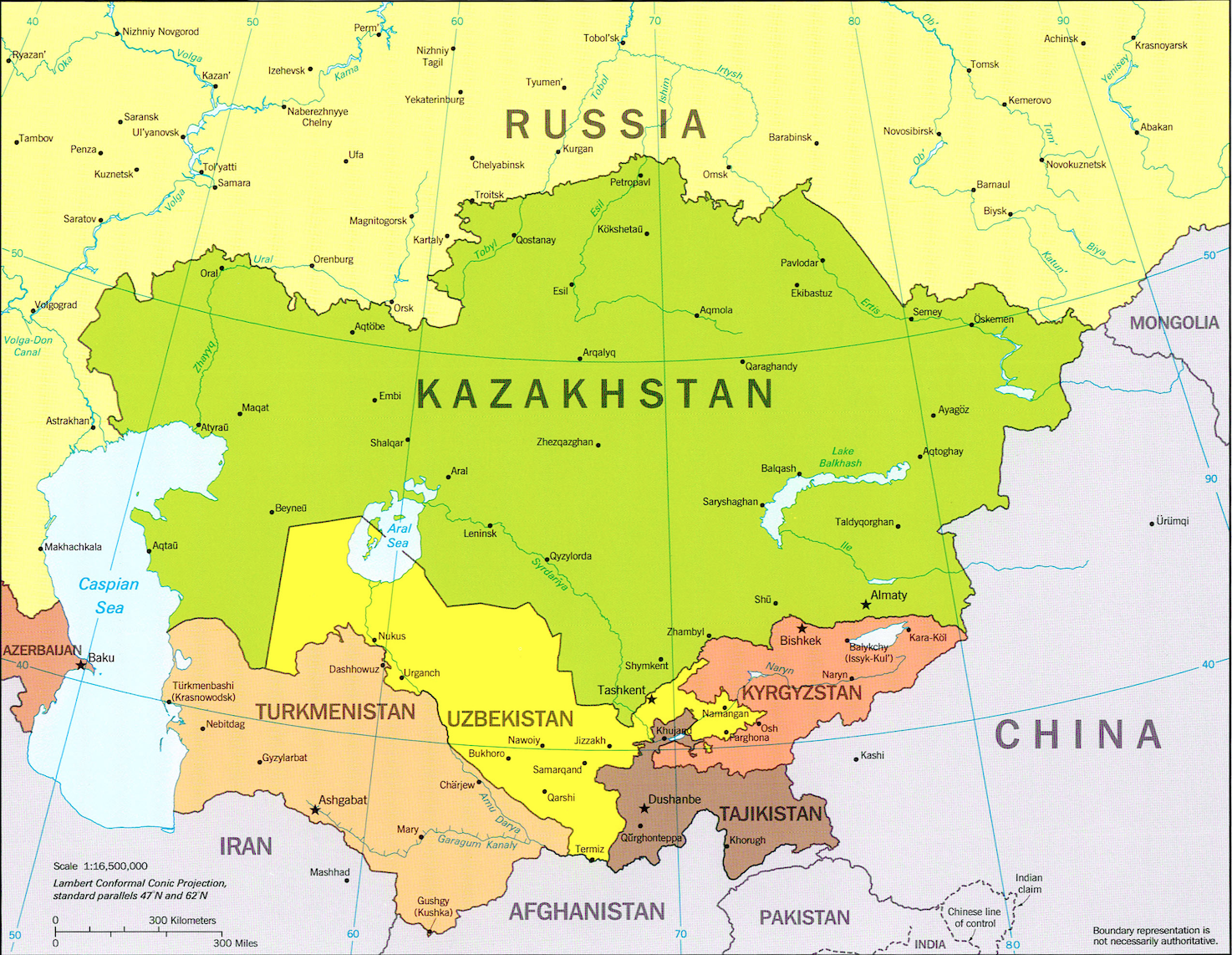
Islam Supyaldiyarov, Senior Lecturer at Suleyman Demirel University, explores the changing dynamics and relationship between Russia and China in Central Asia.
-
Turksib: Awakening Central Asia
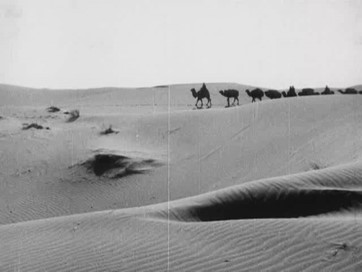
Annabel Hou, a BA student from U.C. Berkeley, analyses the imperial messaging of Viktor Turin’s 1929 film ‘Turksib’.
-
Cross-Border Connections: Nuclear Agency in late Soviet Kazakhstan

Rebecca Hawkins, a PhD student at the University of Cambridge, discusses her research on nuclear agency in late Soviet Kazakhstan.
-
Growing Activity of Russia and the EU in Kazakhstan Could Lead to Economic Conflict by 2030
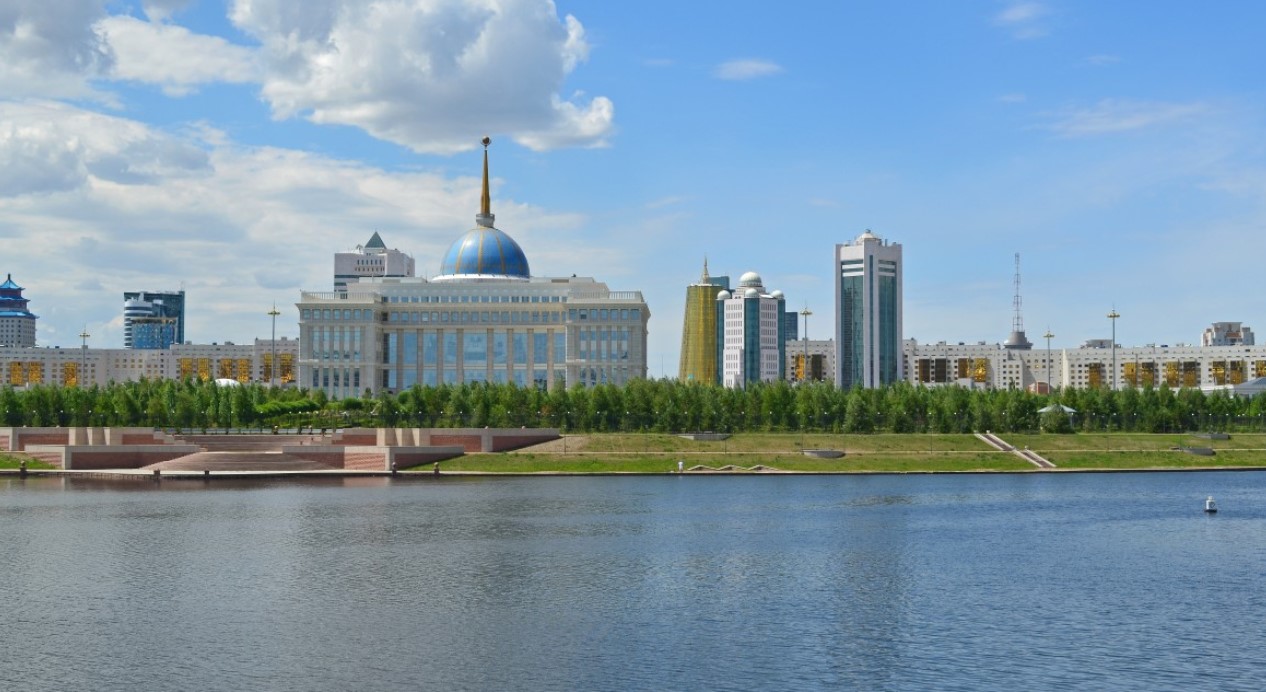
Eldaniz Gusseinov analyses the growing possibility of economic conflict between Russia and the EU in Kazakhstan.
-
A New Era of Accessibility: How the Internet is Helping Disabled Kyrgyz Citizens Bridge Barriers, and their Ideas Cross Borders

Gunner Bauer, a recent graduate of Lawrence University, explores how the internet has benefitted disabled Kyrgyz citizens.
-
The Necessity of Both National and Denational Approaches to Central Asian Studies
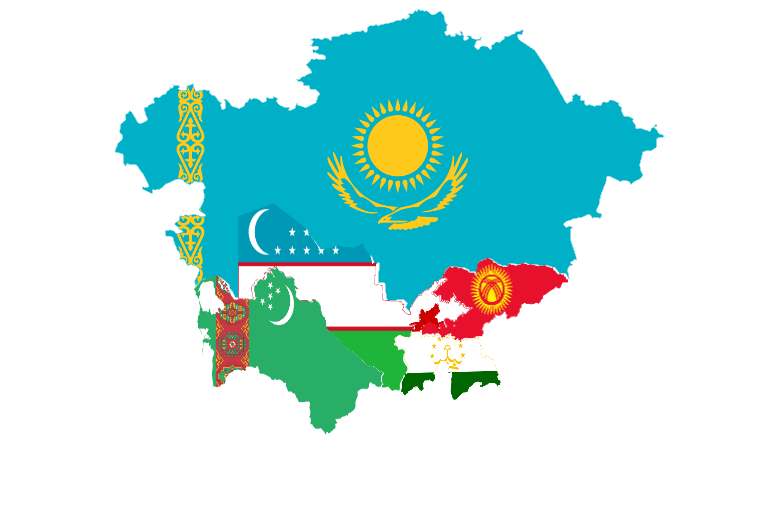
Emma Larson, Master’s candidate at the Harriman Institute of Columbia University, evaluates the relative value of national and denational approaches in studying Central Asia.
-
Eco-Diplomacy in Central Asia
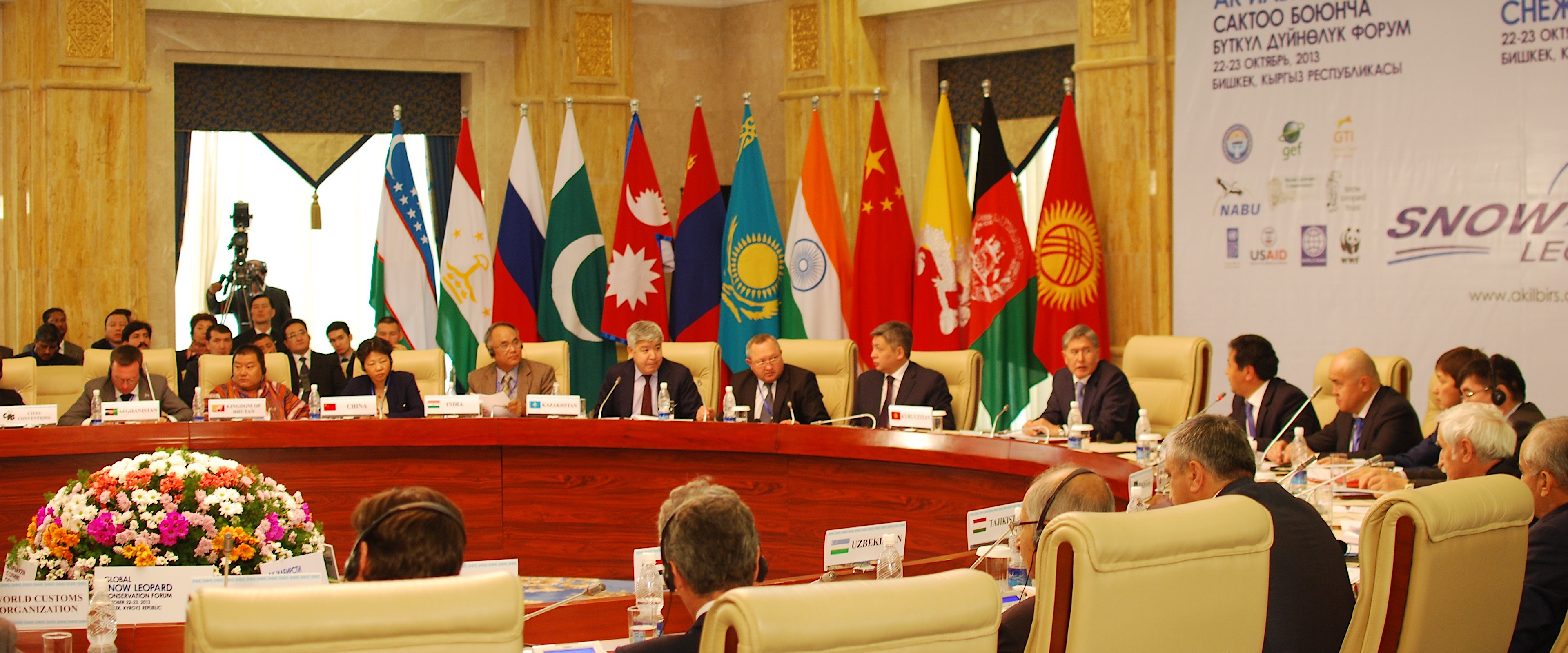
Alex Soshin, an undergraduate student studying History and Russian at the University of Glasgow, discusses eco-diplomacy in Central Asia.
-
Decolonisation and Adaption for the Future: Language Politics in Kazakhstan
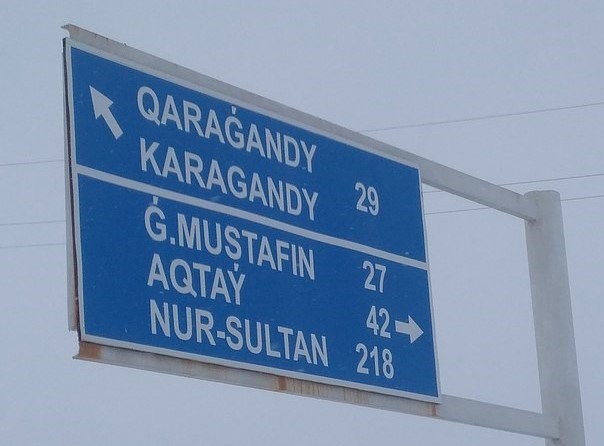
Image via Wikimedia Commons Driving down any street in Astana, Kazakhstan’s new, hyper-futuristic capital city, you may be surprised to note the total absence of any Russian-language signage. In fact, insofar as whoever is in charge of Kazakh road marking is concerned, English takes precedence over Russian, with Latin script transliterations of placenames sitting under…
-
Trading Places: The Rise of China in Kazakhstan
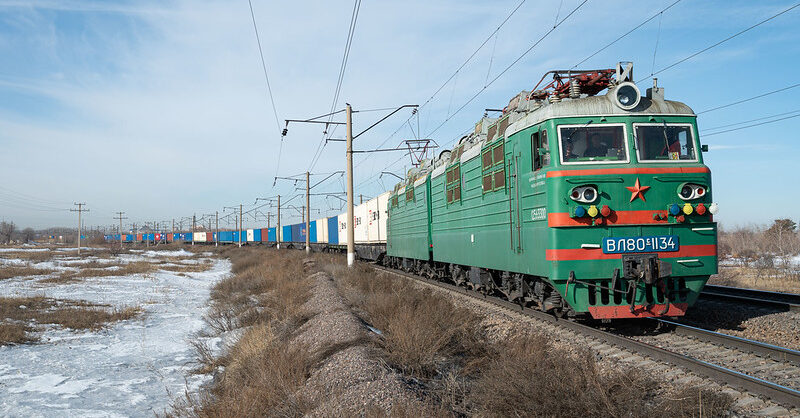
Image: Richard Hagues via Flickr The power dynamic in Central Asia is shifting due to Kazakhstan’s changing economic and cultural relations with both Russia and China. Historically, Kazakhstan has maintained close ties with Russia, underlined by substantial trade and cultural affinity. However, due to the war in Ukraine, Kazakhstan is moving away from long-standing Russian…
-
A Taboo: Why the Civil War is not Remembered in Tajikistan’s Art

Farrukh Negmatzade, ‘Women behind trees’ (Image: Redwood Art Group via flickr) In modern-day Tajikistan, artists choose to celebrate the natural beauty of Tajikistan and the richness of its traditions. With very few exceptions, contemporary Tajikistan artists rarely touch upon the complicated topics of the past and sensitive matters of the present. Most crucially, there are…
-
‘The Age of Maturity for the Turkmen Spirit’: The Ruhnama and identity production in post-Soviet Turkmenistan
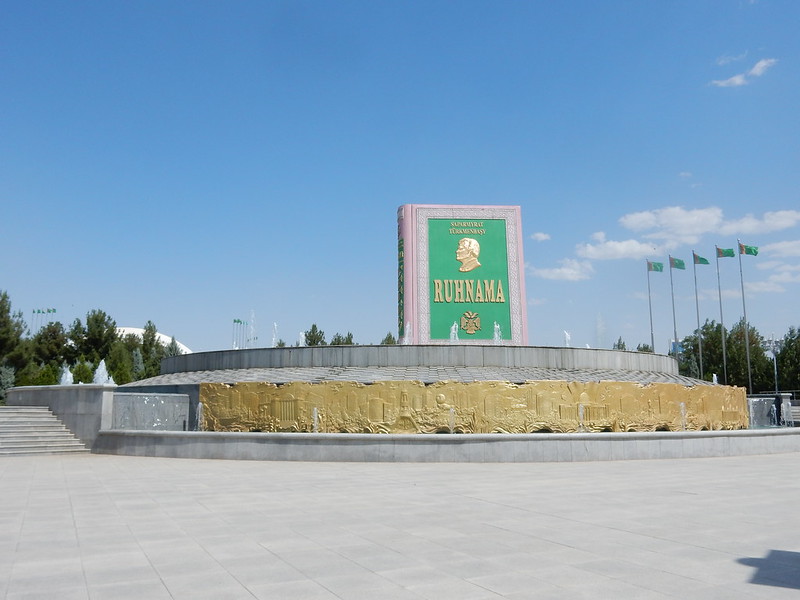
Photograph: Beth via Flikr. Towering above Ashgabat’s Independence Park is a ten-metre monument of the Ruhnama: the magnum opus of Turkmenistan’s first president, Saparmurat Niyazov.1 Translated into English as ‘Book of the Soul’, it has gripped the country’s social, political, and intellectual life for nearly two decades, encapsulating the personality cult constructed by Niyazov in…
-
Turkic Winds of Change: How Kazakhstan and Türkiye are Forging a New Strategic Partnership

Photograph: Ninara via Flikr In September this year, Turkish Foreign Minister Hakan Fidan travelled to Astana, the gleaming capital of the Kazakh steppe which has come to embody the ambition of the country’s leaders for the future. To many, a Turkish minister in a Central Asian city may seem to represent a relatively minor act…
-
A celebration of history and culture: the World Nomad Games
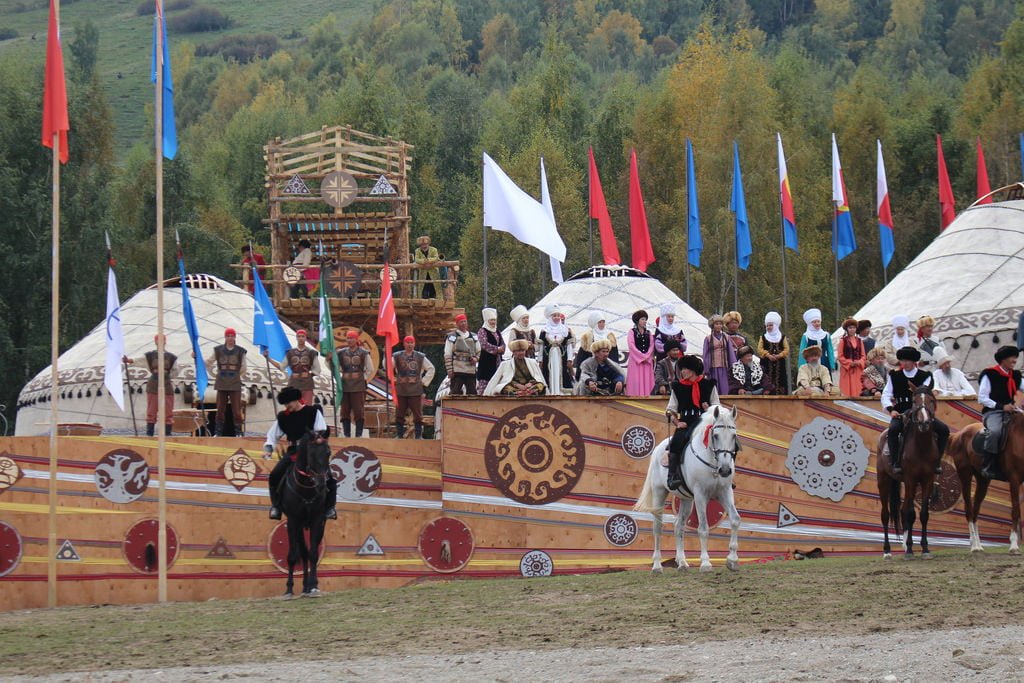
Nomadic culture leaves a deep and colourful imprint on Eurasian history. Nomadic empires first arose as shadow empires in response to the centralisation of China according to one of the main academic debates. On the eastern side of the steppe, necessity forced the nomads into creating a centrally-administered Mongolia to conduct potentially violent business with…
-
Walking in forgotten lands: conservation in Kyrgyzstan
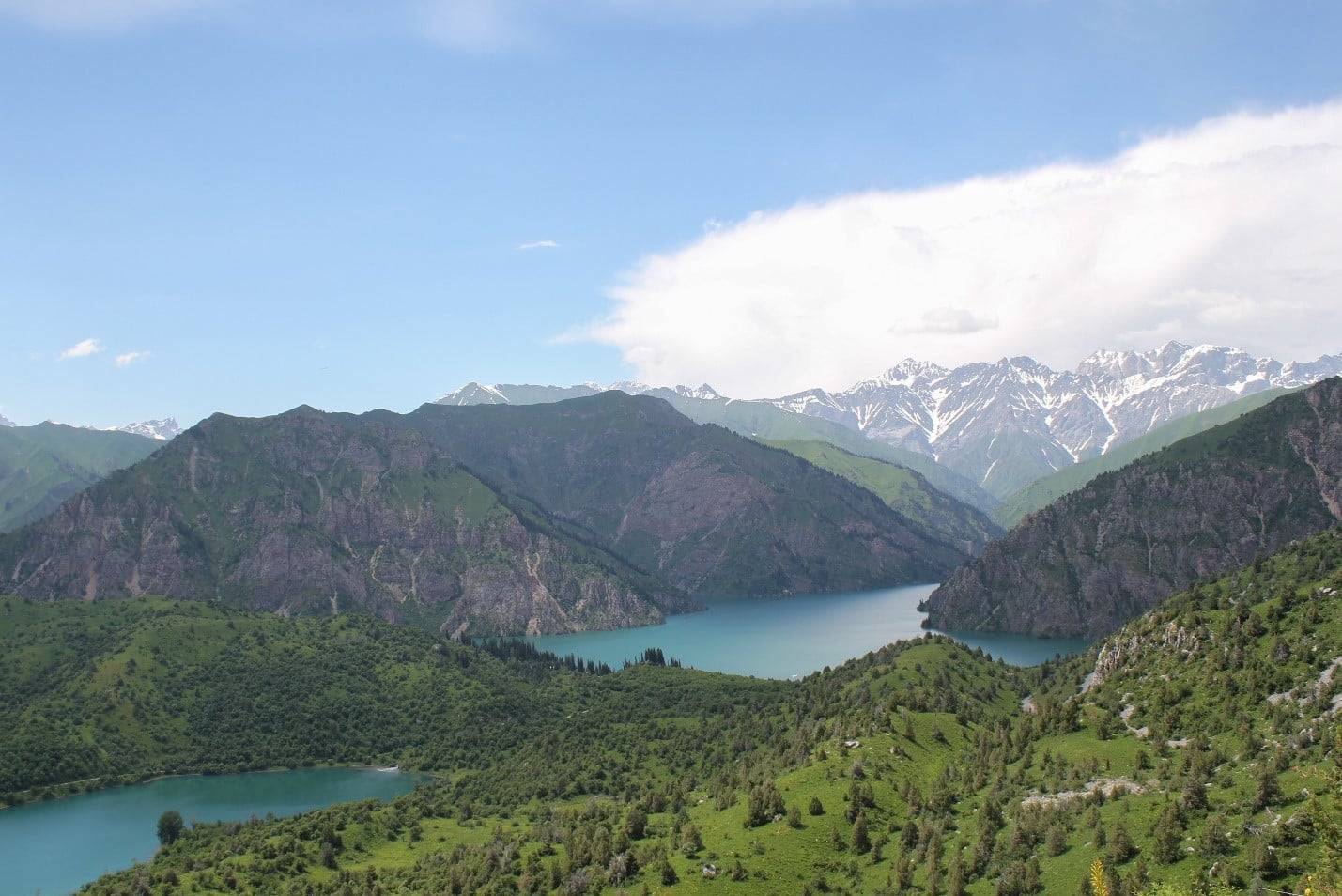
The rural climbs of Kyrgyzstan are legendary. They are also under threat. Brett Wilson has been working as part of an international effort to secure the future of Central Asia’s unique native flora.
-
Wu-Stan Clan: Central Asia’s ancient rap tradition
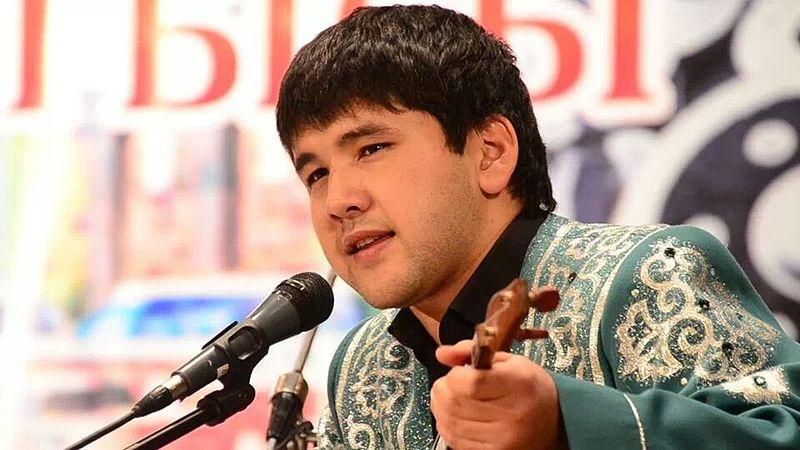
Meet aitysh, an adversarial, ad-libbed performance tradition that’s half music and half sick flow.
-
Cheques Through the Mail: the Changing Nature of Central Asia’s Remittance Economy
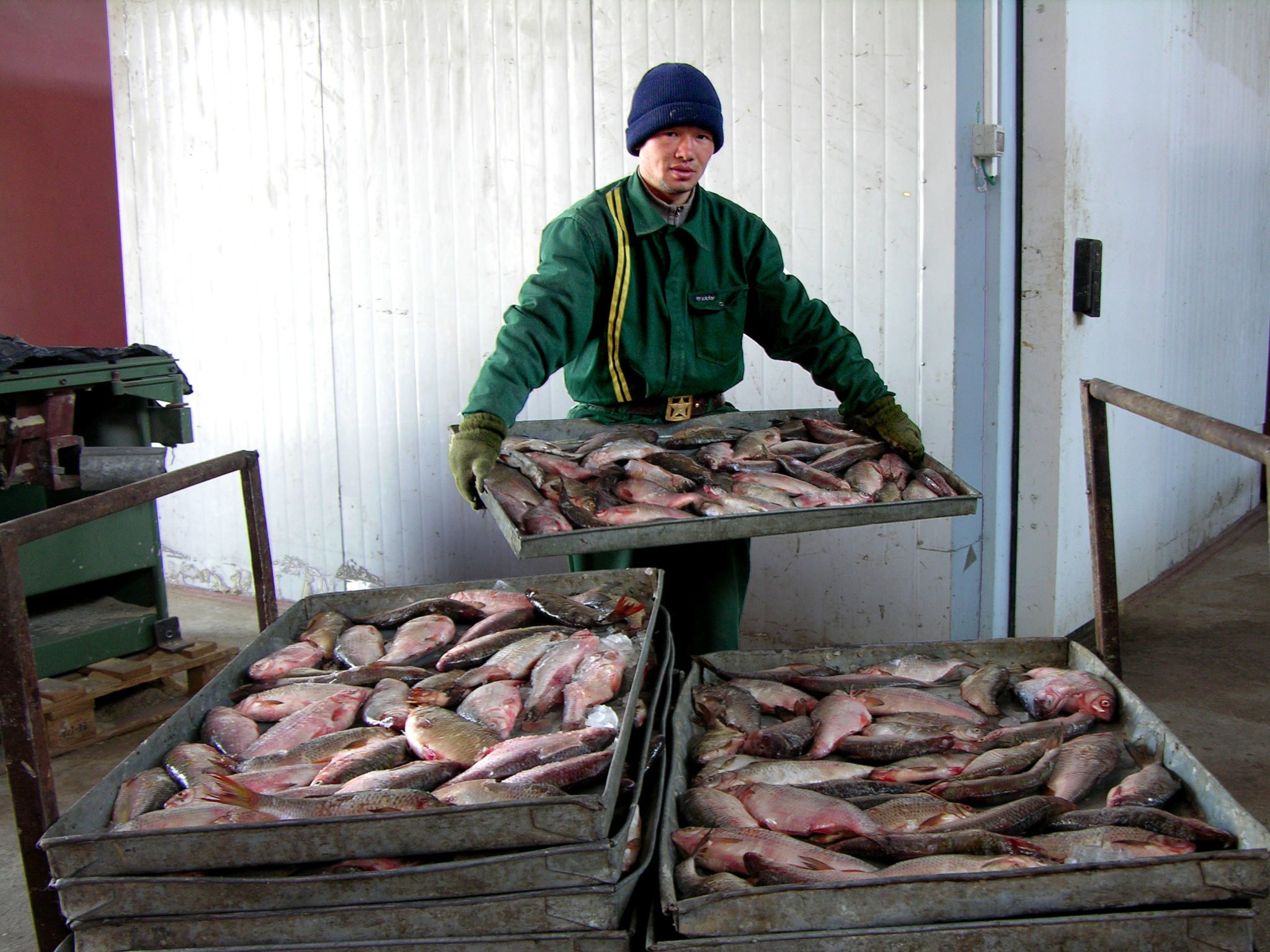
Central Asian nations must supersede historic economic ties with Russia in order to progress.
-
Banking on Islam: Central Asia’s future in the world of Islamic finance
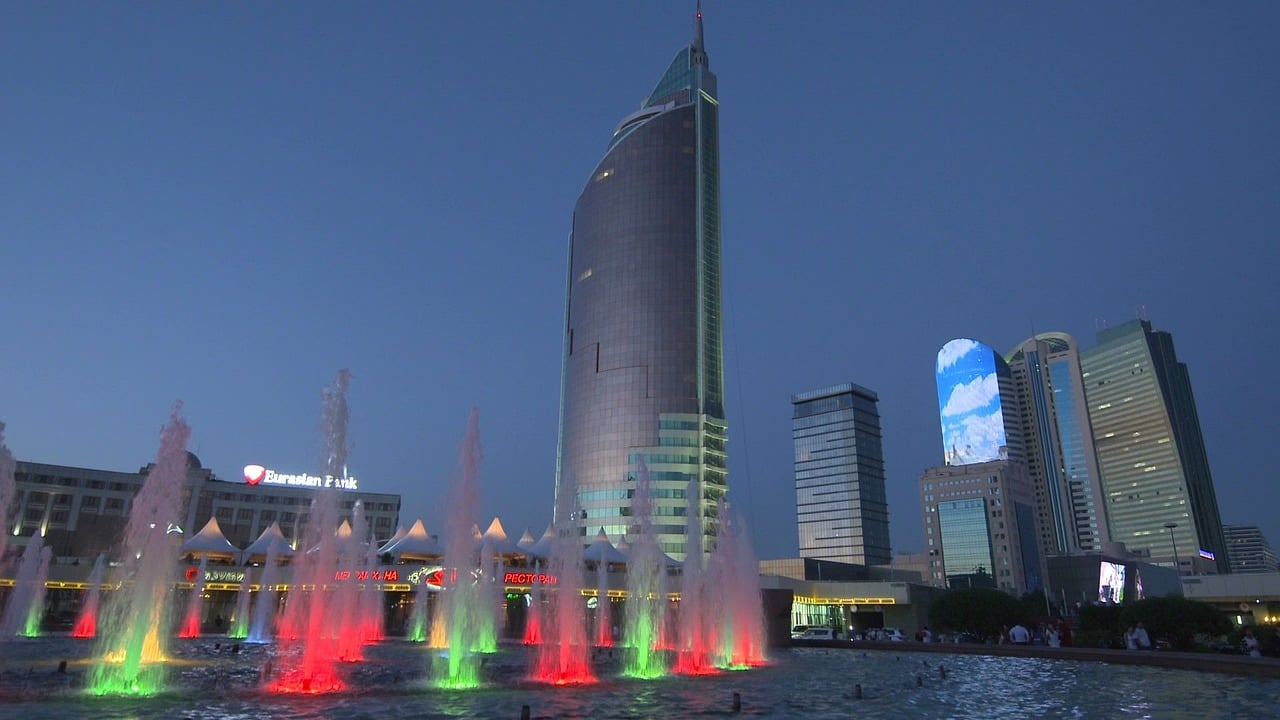
Central Asia’s financial institutions have slowly aligned with the Middle Eastern world of Islamic banking since the fall the the USSR, and the trend’s only picking up speed.